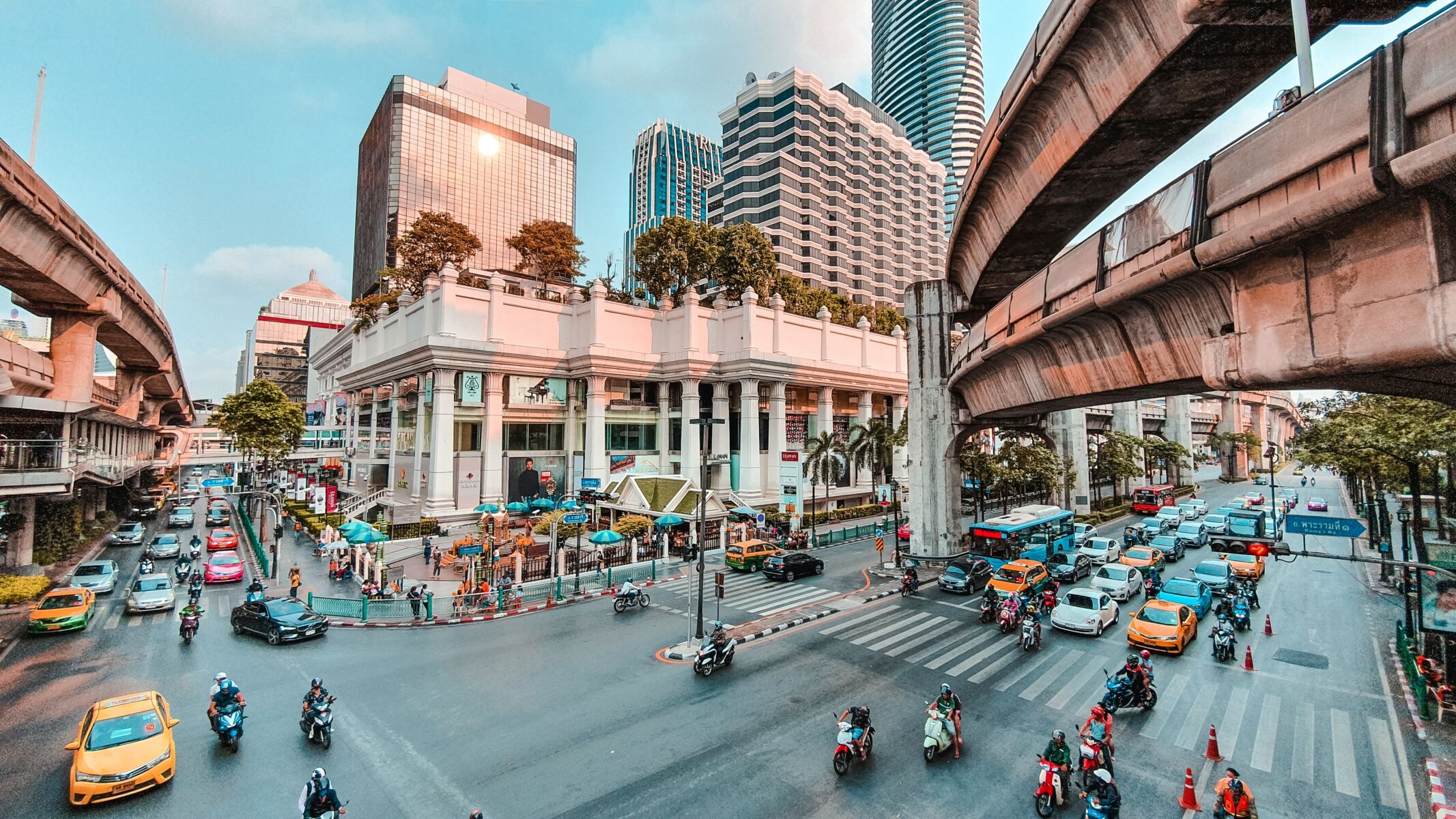Thailand’s economy defies global recession fears with post-election boost

Thailand’s economy is predicted to gain momentum during the last three quarters of this year, despite the looming threat of a global recession, partly due to the boost from the May 14 General Election, according to analysts.
The country’s GDP growth for the first quarter was 2.7% year-on-year, surpassing the expected 2.3% and marking an improvement from the 1.4% growth witnessed in the previous quarter. This increase has been attributed to a rise in external demand, as evidenced by a surge in exports and a robust recovery in the tourism sector, as reported by BMI, a subsidiary of Fitch Group.
In seasonally adjusted terms, Thailand’s economy expanded by 1.9% quarter-on-quarter during the first three months of 2023, a significant improvement compared to the 1.1% contraction observed in the final quarter of 2022, according to BMI. Export growth experienced a 3% annualised increase in the first quarter, reversing the 0.7% year-on-year decline from three months earlier. This highlights a strong recovery in the nation’s tourism sector, as mentioned in BMI’s Country Risk and Industry research released yesterday. The report said…
“The latest growth reading of 2.7% year-on-year in the first quarter was a little better than most analysts — including us — had expected, but we are holding on to our full-year growth forecast of 3.0% in 2023 for now, given the heightened economic and political uncertainty.”
BMI anticipates that Thailand’s real GDP growth will “strengthen over the coming quarters,” with the ongoing recovery in the tourism sector remaining the primary driving force behind the economy. The BMI added…
“We expect government spending to pick up following the conclusion of the general election. Weakness in external demand for goods appears to be bottoming out, and we expect mainland China’s strong economic rebound will help to mitigate some headwinds stemming from weakness in global demand.”
Asia Plus Securities (ASPS) noted that several economic components improved during the first quarter of the year, particularly domestic consumption, and are expected to continue growing after the election.
“After the election, the new government is expected to work on its promised policies focusing on people’s well-being, which should boost the economy while the global economy is at risk of recession.”
ASPS believes that the new government’s policies will enable Thailand’s GDP growth this year to surpass the average of 3.5% per year recorded over the past decade (2013-2022), attracting funds into the nation’s stock market, reports Bangkok Post.
Latest Thailand News
Follow The Thaiger on Google News:


























